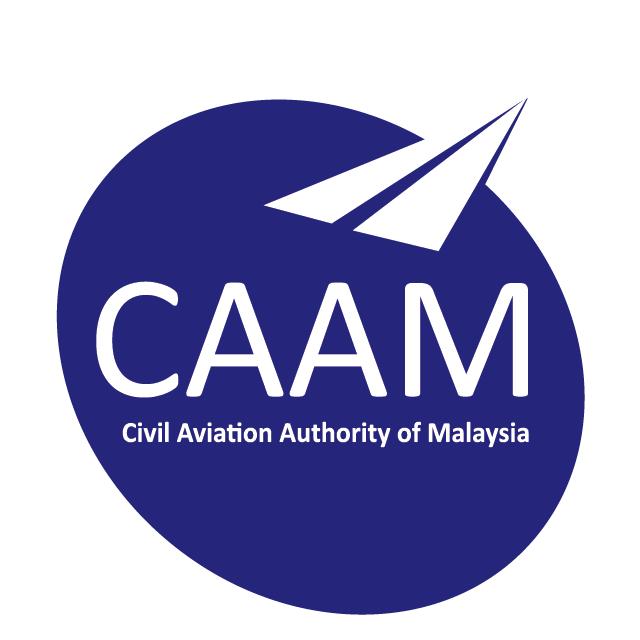PUTRAJAYA: The Civil Aviation Authority of Malaysia (CAAM) is reinforcing its position as a proactive regulator in the civil aviation industry through the implementation of the Digitalisation Strategic Plan (DSP) 2024-2028.
The initiative, already taking place in stages, aims to enhance safety, efficiency and sustainability in air travel by leveraging digital transformation, said its chief executive officer, Datuk Captain Norazman Mahmud.
“The digitalisation journey is structured into three key phases to improve regulatory efficiency and aviation safety.
“Through the blueprint, CAAM integrates technology to enhance the safety, security and overall efficiency of air travel while positioning Malaysia’s aviation sector as a resilient and sustainable economic driver,” he told Bernama.
He said digital transformation is reshaping the aviation industry, so CAAM is investing in technology to enhance airport operations, improve passenger experience and optimise air traffic management.
Norazman said that with these advancements, CAAM is able to modernise aviation infrastructure, strengthen aviation safety and broaden the benefits for society and businesses.
He said the first phase of CAAM’s digitalisation plan focuses on foundational improvements, setting the stage for the second phase, which involves the digitalisation of key processes, including introducing a digital licensing system for aviation personnel, streamlining licence issuance and renewal, and enhancing safety oversight.
Meanwhile, the third phase will build on these advancements, implementing more sophisticated projects to further strengthen the aviation ecosystem.
He said among the key initiatives is the development of an e-licensing system, an advanced online platform designed to assist CAAM licence holders and aviation personnel in managing and submitting licensing applications digitally, improving efficiency and reducing processing times.
The e-licensing system is expected to be launched at the end of this month, he shared.
In addition, Norazman said CAAM is working towards establishing a comprehensive data warehouse by 2027, aimed at enhancing safety oversight and risk prediction capabilities.
“By 2028, all aviation safety-related data will be interconnected, enabling a proactive approach to air safety oversight, increasing transparency and significantly reducing investigation time for aircraft incidents,” he said.
To further enhance operational efficiency and safety, CAAM will introduce a remote digital virtual tower, leveraging digital technology to improve air traffic management, particularly at regional airports.
Norazman said these digitalisation initiatives reflect CAAM’s commitment to driving Malaysia’s aviation sector forward, ensuring that regulatory processes are more efficient, transparent and responsive to industry needs.
CAAM, formerly the Department of Civil Aviation, is a Malaysian government agency under the Ministry of Transport.
Established in 1969, it oversees the technical issues related to the civil aviation sector in Malaysia.









